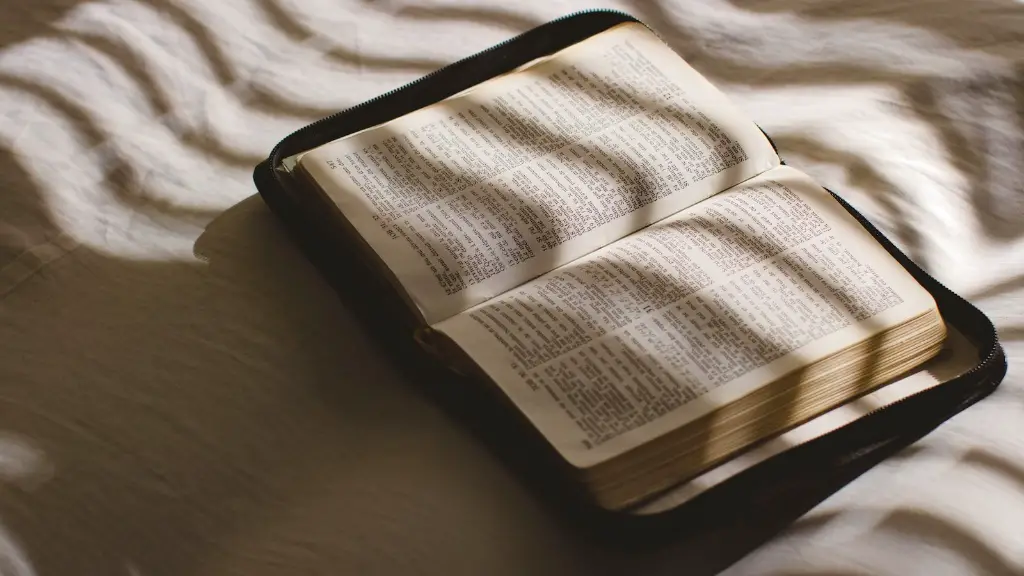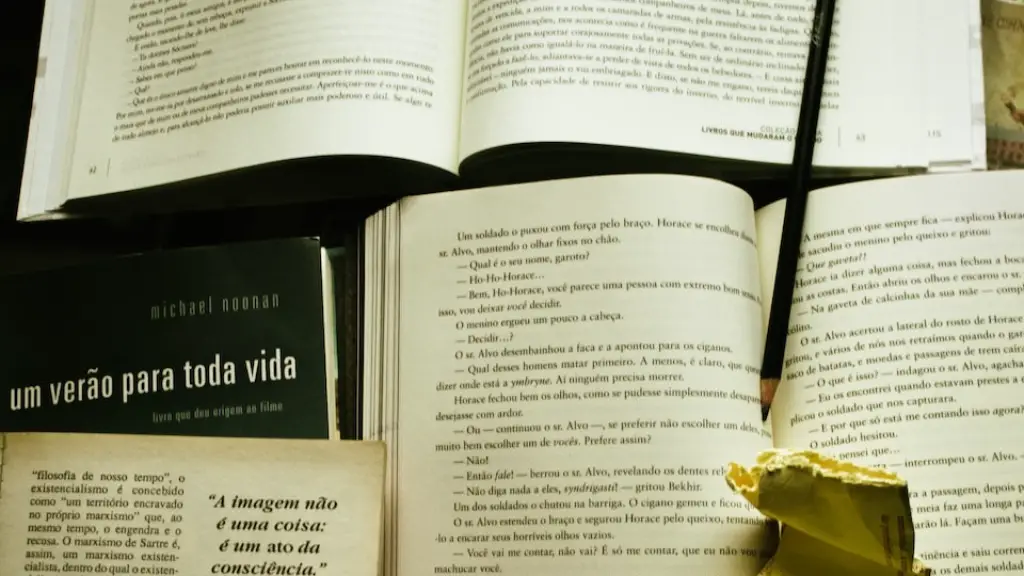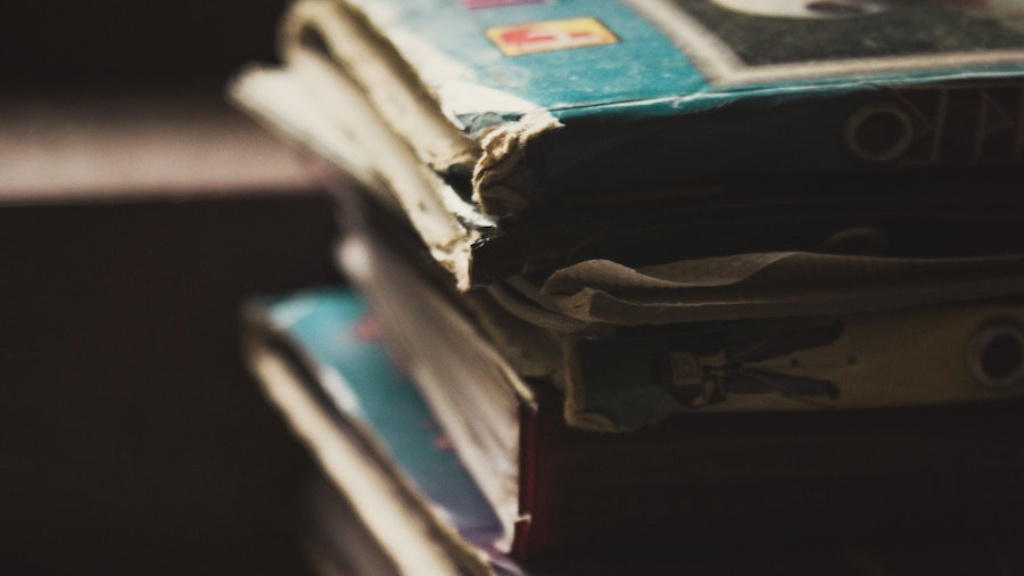Definition of Repetition in Poetry
Repetition in poetry is the intentional repetition of a word or phrase. It can appear in any kind of poetry, and within any line or stanza. Repetition is used as a rhetorical device to emphasize certain concepts or ideas, create rhythm and structure, or draw attention to the message of the poem. Repetition can also make a poem more meaningful, as the poet uses the same words and phrases in several different ways.
Examples of Repetition in Poetry
Repetition can be used in many different ways in a poem to create an effect. A poet may repeat a word or phrase to emphasize a point, to create a feeling of hesitance or emphasis, to emphasize imagery or sound, or to add meaning to the poem. An example of repetition in poetry can be seen in Robert Frost’s poem “The Road Not Taken”. In this poem, Frost repeatedly uses the phrase “road not taken” to signify the idea of taking a different direction in life. The repetition of this phrase gives the poem a sense of urgency and is used to emphasize the importance of taking a risk and straying from the safe path.
The Effects of Repetition in Poetry
Repetition has a powerful effect on the reader. It helps to hold attention, to make the poem easier to understand, and to emphasize ideas. Repetition can also be used to emphasize imagery and to create an atmosphere of anticipation or a feeling of suspense. It can also create a sense of rhythm and structure, which helps to make the poem easier to remember.
Types of Repetition in Poetry
There are many different types of repetition in poetry. One type of repetition is called anaphora, which is the repetition of the same word or phrase at the beginning of two or more successive lines or sentences. Another type of repetition is called epistrophe, which is the repetition of the same word or phrase at the end of two or more successive lines or sentences. There are also alliteration, onomatopoeia, and climax, which are all forms of repetition and can be used to emphasize ideas and create a feeling of suspense and structure.
The Role of Repetition in Poetry
Repetition is an important part of the craft of writing poetry. It can be used to emphasize ideas, create a feeling of anticipation, and draw attention to the meaning of the poem. Repetition can also be used to create rhythm, to make the poem easier to remember and to convey emotion. By repeating certain words or phrases, the poet is able to create a more powerful and lasting impression on the reader.
The Use of Repetition for Creative Expression
Repetition can also be used as a form of creative expression. By repeating words or phrases, the poet is able to explore different aspects of the subject of the poem and explore their own ideas. By introducing repetitions, the poet is able to create a multi-layered poem that explores multiple meanings, themes, or ideas. Repetition can also be used to express emotions, to evoke images or sounds, or to portray different perspectives.
The Limitations of Repetition in Poetry
Repetition has its limitations, however. If a poet uses too many repetitions of the same word or phrase, the poem can become monotonous and the reader may lose interest. It is important for a poet to keep the repetition fresh and interesting and to use it to emphasize ideas and create movement in the poem.
The Impact of Repetition in Poetry
Repetition in poetry has a powerful impact on the poem’s meaning and significance. It can be used to emphasize ideas, create rhythm, and evoke emotion. Repetition can also be used as a form of creative expression, allowing the poet to explore different aspects of their subject and express their ideas in a unique and effective way. By using repetition, a poet is able to convey the message of the poem more powerfully and to make the poem more memorable.
The Use of Repetition in Popular Culture
Repetition is also used in popular culture to emphasize ideas, to evoke emotion, and to create a sense of familiarity and connection. Repetition is used in music, film, and literature to emphasize certain ideas or evoke certain emotions. Repetition can also be used as a form of protest or political expression. By repeating a phrase or slogan over and over, the person or group can make a powerful statement and influence their audience.
The Role of Repetition in Education
Repetition is also an important part of education. By repeating a word or phrase, a student can become more familiar with the concept and more knowledgeable about the subject. Repetition can also be used to help students retain information more effectively, as repetition can lead to better memorization and understanding. Repetition is also important for learning languages, as repeating words or phrases can help to develop a sound understanding of the language and increase fluency.
The Benefits of Repetition in Poetry
Repetition has many benefits in poetry. It can help to emphasize ideas and create a sense of rhythm and structure. It can be used to evoke emotion, create atmosphere, and communicate the message of the poem in an effective way. By using repetition, a poet can convey the message of the poem more powerfully and create a stronger connection with their audience.
The Use of Repetition for Personal Expression
Repetition can also be used by a poet as a form of personal expression. A poet may choose to repeat a word or phrase to create a feeling of hesitance or emphasis, to explore different aspects of their subject, or to express their own ideas and emotions. By using repetition, the poet is able to convey their thoughts and feelings more powerfully and make their poem more meaningful.



